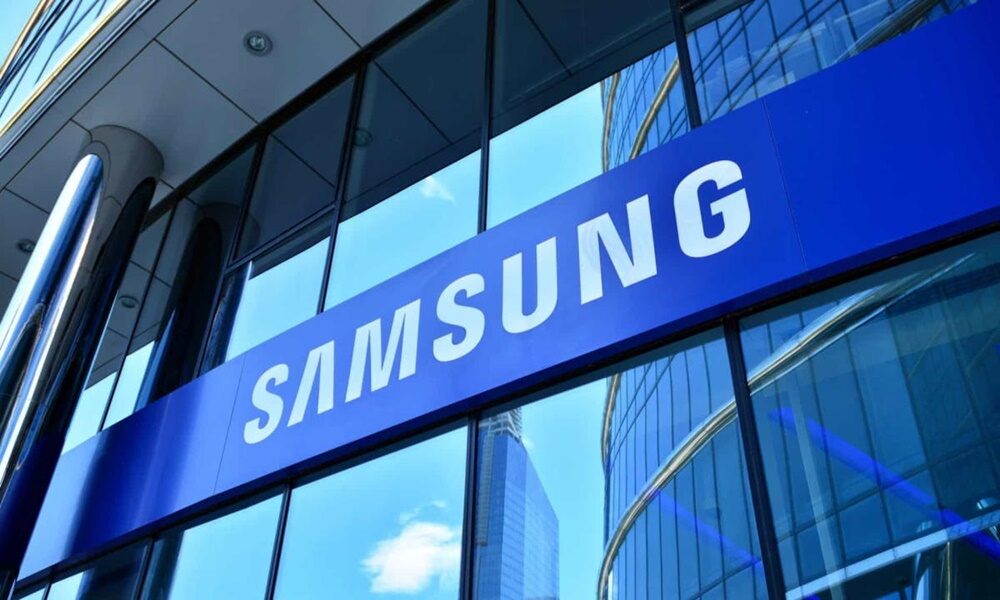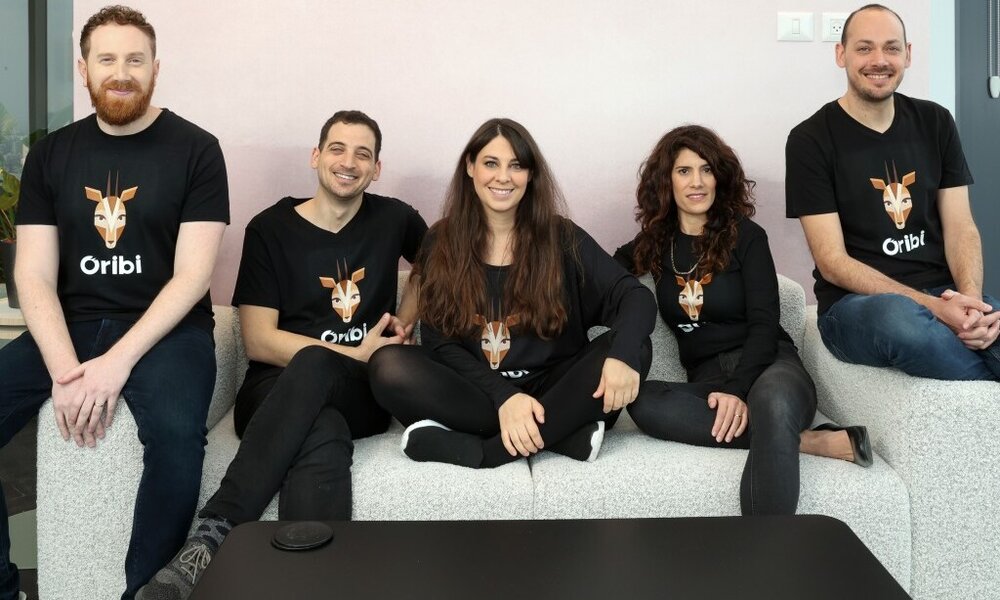
Samsung, the second largest manufacturer of semiconductors in the world with more than 17% market share -only behind TSMC-, is clear: its commitment to the future is based, to a large extent, on semiconductors. The company will start manufacturing 2-nanometer chips in 2025 and 1.4-nanometer chips by 2027. Or what is the same, some of the most powerful and efficient chips on the market.
“The technology development target up to 1.4nm and dedicated casting platforms for each application, along with stable supply through constant investment, are part of Samsung’s strategies to ensure customer confidence and support its success. success,” said Si-young Choi, President and Head of Foundry Business at Samsung Electronics. It should be remembered that the company currently has two foundries in the United States, one in Austin and one in Texas. And another three more in Giheung, Hwaseong and Pyeongtaek, located in South Korea.
The South Korean company, which wants to continue gaining ground in the sector and anticipate possible future supply crises, has a goal on the horizon. That half of its business revolves around semiconductors for high-performance computing, automotive and 5G uses. A deadline has been set for this: 2027. Therefore, it is not surprising that the company introduced new production nodes and variants on the production nodes themselves every 12 to 18 months for the last few years.
“With the company’s success in bringing the latest process technology [clase 3 nm] to mass production, Samsung will further improve the all-around gate (GAA)-based technology and introduce the 2nm process in 2025 and the 1.4nm process in 2027,” company sources said.
Samsung’s plans
Another of Samsung’s lines of action is the expanding your process technology optimization programs for each specific application. As well as a greater number of personalized services for its clients.
For this, the adoption of new process technologies and the demand for new manufacturing processes are vital. Being powered by AI, to autonomous vehicles, automotive applications in general, HPC, 5G and 6G.
A large number of the applications that Samsung intends to address with future process nodes are inherent to being a large industrial conglomerate with many divisions. For example, its LSI business – chip development division – currently offers about 900 products, including SoCs, image sensors, modems, display driver ICs (DDIs), power management ICs (PMICs), and power solutions. security.
With all this, Samsung plans to expand its production capacity for its “advanced” process technologies by more than three times by 2027.



